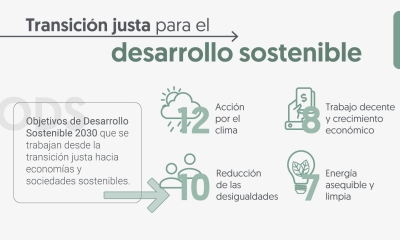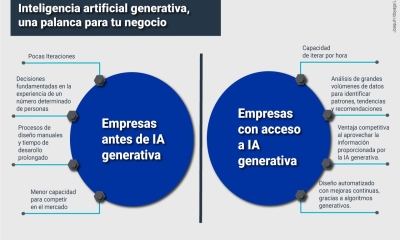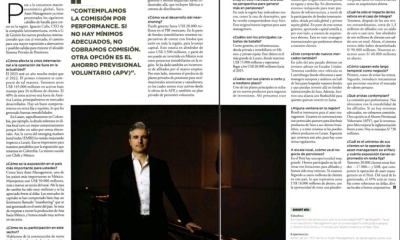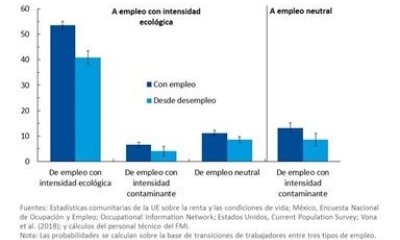Despite the uncertain situation caused by the coronavirus pandemic (COVID-19), AFAP SURA has reported that pension funds have recovered their yields, to the point of surpassing the profitability seen before the worldwide spread of the virus.
While there is no consensus on the short- and medium-term effects of COVID-19, it is estimated that the pandemic will cause a fall of the global GDP in 2020, with negative impact in the first quarters of the year. Several analysts argue that there will be an economic upturn once the pandemic is over, although there is no consensus among experts as to whether this will start already in the second quarter or whether the effect may drag on a little longer.
After very sharp falls, international markets gave some evidence of recovery in early April, as a result of the significant fiscal and monetary measures announced by the United States, Europe and emerging countries.
This resulted in a stabilization in the values of the assets of emerging countries and in their currencies, although maintaining a high degree of volatility and uncertainty.
Amid the uncertainty, in the last 36 months the system’s average Pension Savings Fund (PSF) has had a 4.36% annual gross return in Re-adjustable Units (RU) in its Accumulation Sub-Fund and 3.54% in its Retirement Sub-Fund, according to the latest report of the Central Bank of Uruguay (BCU) for the June closing.
In the last twelve months, the Accumulation Sub-Fund yielded 16.18% in nominal terms and for its part the Retirement Sub-Fund yielded 13.87%; both are well above inflation and the average wage rate in the same period, thus generating very good return on the savings of future pensioners in the individual capitalization regime.
“As of May we have seen a significant recovery that positions us at an annual return rate higher than pre COVID rates,” pointed out Santiago Hernández, AFAP SURA's Investment Manager. With this recovery, the pension fund manager is optimistic about the current economic outlook for investments, mainly because of the bullish bonds resulting from the drop in the country risk, together with a reduction of international rates.
The Pension Savings Fund (or FAP, for its Spanish acronym) of the AFAP system (which consists of the Accumulation sub-fund and the Retirement sub-fund) accumulates about $14.5 billion (about 25% of Uruguay's GDP), and corresponds to the pension savings of nearly 1.5 million Uruguayans (1,450,670 participants).
In the long-term fund, i.e., the Accumulation Sub-Fund, there has been an increase in the weight of portfolio availability; when June closed, 15% was being kept in cash and equivalents versus the 10% kept at the beginning of the year. Likewise, broken down by rate of investment, 47% is in debt securities linked to the Uruguayan government, 22% in alternative products linked to the local production system, mainly financial trusts and corporate negotiable bonds, and about 12% in structured products exposed to the international market.
“This diversification, together with some flexibility to actively manage and adapt to circumstances, helps offset the market swings (up and downs),” Hernandez said.
While the pandemic creates uncertainty about the fate of the international market, Hernandez noted that AFAP SURA is adopting all the precautions to take good care of clients' funds. “About 5% of the funds are in 'stand by', not invested, and we analyze the situation every day to spot the best options,” he said, as he explained how the Fund cares about clients and the Company’s search to provide them with higher returns.
Hernandez noted that there is a feeling that risk is now lower. However, we must be cautious not only because of what is happening in the world with the economic consequences of the pandemic, but also because of the political aspects linked to tensions between the United States and China, as well as the upcoming elections in the US.
With this scenario, Hernandez argues that although the future of the economy is still unknown, markets are presenting a “V” recovery. “Unlike other crises, the root-cause of this situation was health-related, and its subsequent economic impact has affected the financial system as a result,” he added.
However, the CPA indicated that the U.S. Federal Reserve System (the FED) will do everything in its power to avert a financial crisis, and thus prevent the closure of companies. “This further reinforces the idea that the investment market will recover in the short term,” he concluded.










